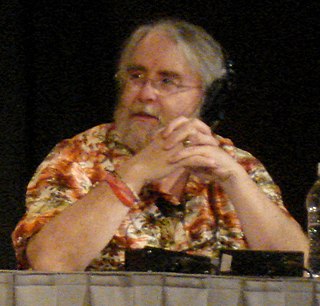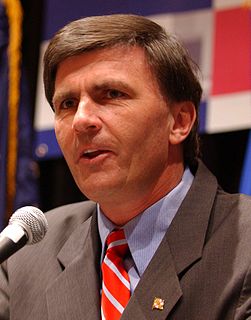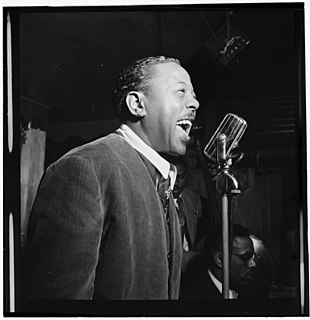A Quote by Wesley Clark
When Bill Clinton ran in '92, and I listened to him, and I had of course known of his record from Arkansas, I found him extraordinarily inspirational, and I voted Democratic.
Quote Topics
Related Quotes
I made a very bad mistake; I miscounted these scraps of information on the record as 92, and in continual homage to this man who had been so influential to me, I began creating or constructing my own films on this so-called "magic" number of 92 ... but when I eventually made a film about John Cage and met him, I explained this to him, and he found it very amusing because there are only 90 stories on the two sides of the record, and I'd based three years of my filmic career on this mathematical error!
He ran as he'd never run before, with neither hope nor despair. He ran because the world was divided into opposites and his side had already been chosen for him, his only choice being whether or not to play his part with heart and courage. He ran because fate had placed him in a position of responsibility and he had accepted the burden. He ran because his self-respect required it. He ran because he loved his friends and this was the only thing he could do to end the madness that was killing and maiming them.
With Bill Clinton, his lawyers always wanted him to say nothing about the Lewinsky scandal. Defendant Clinton had the right to remain silent. But President Clinton had a completely different need - political survival. That meant, in the end, that he needed to trumpet his supposed innocence and talk publicly to the American people.
There was a man that hated his footprints and his shadow, so one day he thought that if he ran fast enough, his footprints and shadow would not be able to follow him and then he never ever had to look at them again. He ran and he ran as fast as he could, but the shadow and the footprints had no problems keeping up to him. And he ran even faster and all of a sudden he fell dead to the ground. But if he been standing still there hadn't been any footprints and if he had been resting under a tree his shadow had been swallowed of the trees shadow.
It meant that Diana had not waited for any explanation, however halting and imperfect, but had condemned him unheard; and this showed a much harder, far less affectionate woman than the Diana he had known or had thought he knew - a mythical person, no doubt created by himself. It had of course been evident from her letter, which made no reference to his; but he had not chosen to see the evidence and now it was absolutely forced upon his sight it made his eyes sting and tingle again. And deprived of his myth he felt extraordinarily lonely.
There were times when it appeared to Dorian Gray that the whole of history was merely the record of his own life, not as he had lived it in act and circumstand, but as his imagination had created it for him, as it had been in his brain and in his passions. He felt that he had known them all, those strange terrible figures that had passed across the stage of the world and made sin so marvellous, and evil so full of subtlety. It seemed to him that in some mysterious way their lives had been his own.
As I watched Bill, waiting with apparent calm for death to come to him, I had a flash of him as I'd known him: the first vampire I'd ever met, the first man I'd ever gone to bed with, the first suitor I'd ever loved. Everything that followed had tainted those memories, but for one moment I saw him clearly, and I loved him again.





































